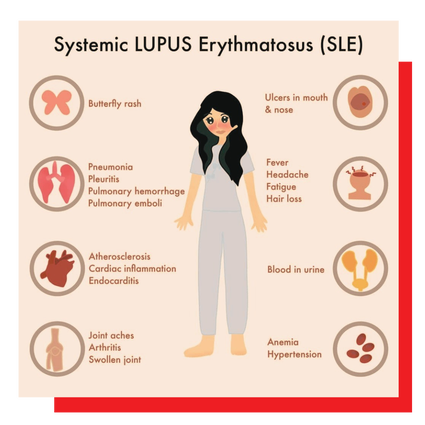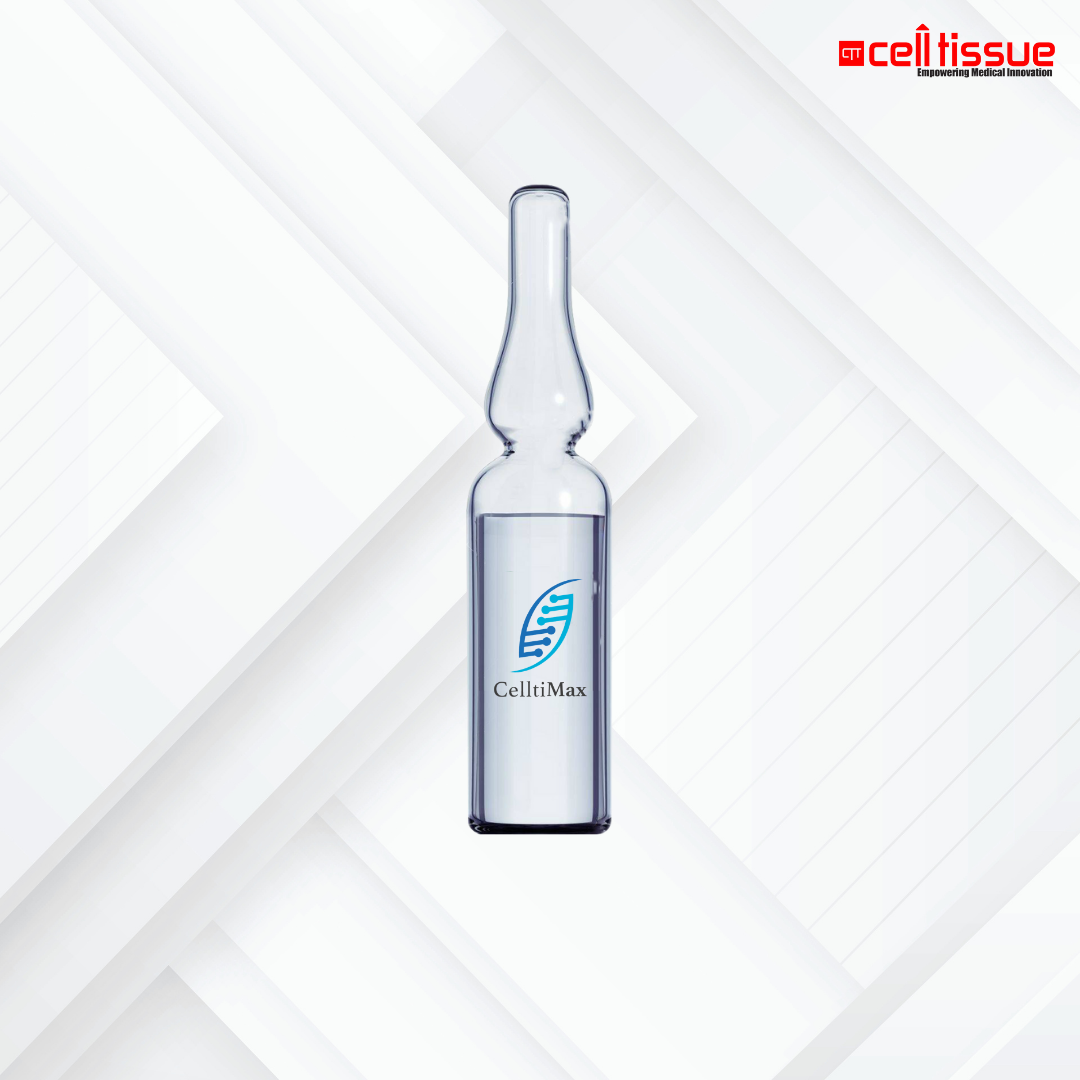- HOME
- ABOUT
- RESEARCH
- INSIGHTS & HAPPENINGS
- JOIN US
- CONTACT US
-

Lupus, also known as systemic lupus erythematosus (SLE), is a chronic (long-term) disease that produces systemic inflammation and impacts numerous organs.

SLE, or systemic lupus erythematosus, is the most prevalent form of lupus. SLE is an autoimmune condition where the immune system attacks its own tissues, leading to extensive tissue damage and inflammation in the organs that are afflicted.
It can have an impact on blood vessels, the brain, the lungs, the skin, and the joints. In addition to having an impact on the skin and joints, it can also harm the kidneys, pleura, pericardium, heart, and brain, among other body organs. Fatigue, weight loss, and fever are common side effects in individuals.
Although there is no known cure for lupus, lifestyle modifications and medication therapies can help moderate it.

A person’s symptoms may differ and evolve over time. Typical signs include:
Currently, it is unclear what causes lupus. The cause of lupus is still a topic of research. There are elements that may contribute to the disease even though the precise reason is unknown. There are a number of potential risk factors for lupus, including:
Genetics
Although there is no specific gene associated with the ailment, lupus sufferers frequently have relatives who also have other autoimmune diseases.
Environment
Sex and hormones
Women are more impacted by SLE than men. Along with their monthly cycles and during pregnancy, women may also have more severe symptoms. Both of these findings have led some medical experts to speculate that the female hormone estrogen may contribute to the development of SLE. To support this notion, more study is still required.
SLE has no known treatment. Treatment aims to reduce symptoms. Depending on the extent of your symptoms and the areas of your body that SLE affects, your treatment may change.
The therapies could consist of:

CelltiMax is a product derived from human umbilical cord-derived Mesenchymal Stem Cells (MSCs). The cells are cultured, then administered to the patient via intramuscular or intravenous injection.
The cells have low immunogenicity making them safe, well-tolerated and free of side effects. They have the ability to differentiate into specialized cells with specific functions for various parts of the body, and can reduce inflammation, repair, renew, regenerate, and replace damaged cells.
Benefits of CelltiMax
Stem Cell Research
If you believe that our treatment options may be able to improve your condition and enhance your quality of life, please contact us to schedule a complimentary consultation with one of our in-house clinical specialists. Our consultations are available in both Malay and English language.





Review your medical history & recent evaluations
Explore what your treatment package might look like
Answer any questions you have about us
Answer any questions you have about the therapies
Discuss practical next steps,
if you feel we can effectively treat you

Founded in 2010, Cell Tissue Group is a pioneering Malaysian medical technology company and a spin-off from the National University of Malaysia (UKM). As Malaysia’s first Tissue Engineering firm, Cell Tissue Group operates within a certified cGMP laboratory, ensuring the highest standards of medical research and product development, particularly in Tissue Engineering and Regenerative Medicine.



Founded in 2010, Cell Tissue Group is a pioneering Malaysian medical technology company and a spin-off from the National University of Malaysia (UKM). As Malaysia’s first Tissue Engineering firm, Cell Tissue Group operates within a certified cGMP laboratory, ensuring the highest standards of medical research and product development, particularly in Tissue Engineering and Regenerative Medicine.


Proudly powered by CTG © 2010-2024 Cell Tissue Group, a Universiti Kebangsaan Malaysia Spin-Off Company. – All Rights Reserved.